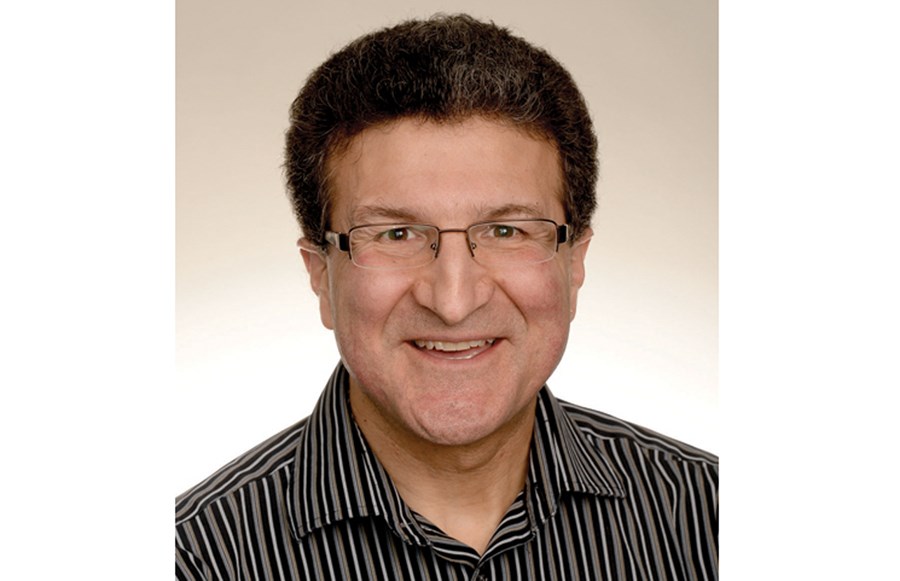Julian of Norwich tells us that, "All will be well." Is that really true? Will all really turn out for the best? Will we really be OK?
I remember when I first arrived in the beautiful African country of the Congo a number of years ago. I had never seen such poverty, and at first I found myself feeling exhausted, trying to understand why human beings lived with so few of the necessities of life. During my time there, the situation did not improve; in fact, from an economic and political perspective, things got much worse. How could "all be well"?
Through my two year stay in the Congo, I really got to know and appreciate the people. They joked that their country had an unwritten clause in the constitution called Article 15, "Do what you need to do to get by." I was truly amazed at how people lived this out. They really did manage to get by.
According to the Western media, there were only problems in the Congo. On the ground, however, many amazing things were going on, and the media seemed to take no notice. Aid projects were flourishing and having a profound impact. People were not simply getting by, they were living, laughing, singing and enjoying life. In fact, I found smiles and laughter much closer to the surface in people in the Congo than I found in people in Canada. At the end of my two year stay, I too was not only able to get by, I was able to thrive. Things which once stressed me out were no longer so important. I found it much easier to look on the bright side of life. All really was well.
I have continued to follow the situation in the Democratic Republic of Congo. The government which I lived under was overthrown, and the country has become even more unstable. Civil war ravages the eastern part of the country, and more people have died there than in any war since World War II. When this is covered by the Western media, it is all a mass of confusing doom and gloom in the heart of Africa. We want to throw up our hands and say, "Isn't that terrible." Yes, it is terrible, but that is not the end of the story. Much of the problem is caused by a combination of foreign exploitation of the natural resource industry, and Western neglect. There is thus a great deal that can be done.
In fact, a great deal is already being done both by foreign aid agencies and by the people of the Congo. There are bridges being built (literally and figuratively), and there are numerous programs to help the victims of war, especially women and children. Consumer groups are putting pressure on companies buying "conflict minerals" from this region, and countries are passing laws in an effort to cut the supply of money and weapons to those responsible for war. Even the United Nations have given their troops more freedom in keeping the peace in the eastern DRC. The truth is that there is a powerful movement to bring about change in the DRC, and we can become part of it.
Yes, the people of the Congo do more than get by, they sing, they dance, they celebrate the positive changes that are taking place in their country. A wonderful group called Raise Hope for Congo (http://www.raisehopeforcongo.org/) tells the powerful story of what is happening in the DRC, what is being done, and what more can be done. Indeed, all will be well, and we are a part of the solution.



